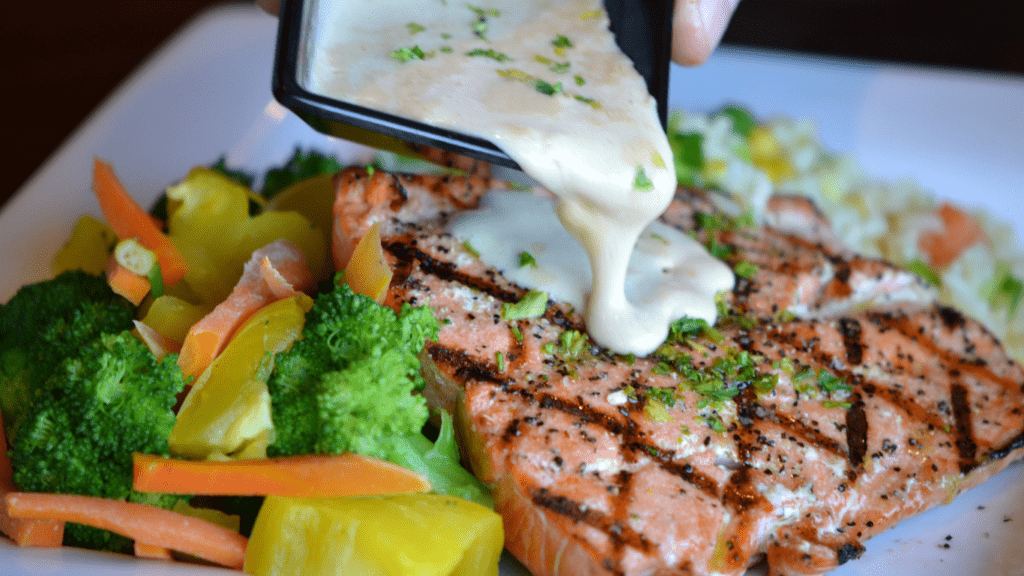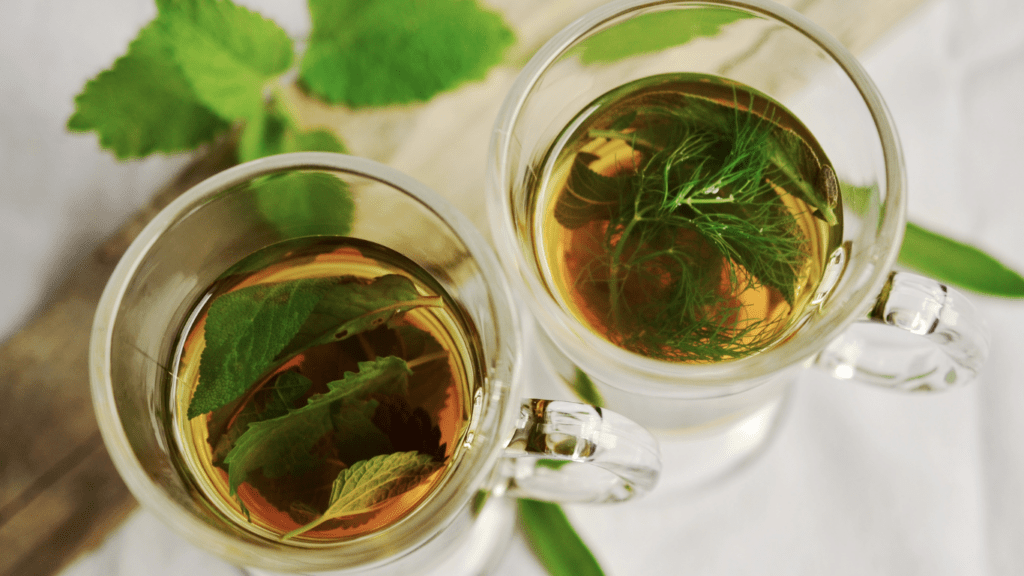Understanding the Effects of Diet on Aging
Diet plays a significant role in the aging process. The foods I choose can either accelerate or delay signs of aging, affecting both appearance and overall health.
How Foods Can Delay Signs of Aging
Incorporating anti-aging foods into my diet supports skin health and vitality. Nutrients such as vitamins C and E found in berries and nuts, respectively, help protect against environmental damage.
Omega-3 fatty acids present in fatty fish like salmon and seeds promote skin elasticity. Including these foods helps reduce wrinkles and fine lines.
The Role of Antioxidants and Anti-inflammatory Compounds
Antioxidants neutralize free radicals that cause cellular damage. Foods high in antioxidants, such as:
- dark chocolate
- green tea
help combat early aging signs.
Anti-inflammatory compounds found in turmeric and leafy greens reduce inflammation. Lower inflammation levels contribute to better skin texture and reduced aging signs.
Key Nutrients for Anti-Aging
Selecting foods rich in key nutrients can slow down the aging process and enhance overall well-being.
Vitamins That Promote Youthful Skin
Vitamins play a crucial role in maintaining youthful skin. Vitamin C, found in citrus fruits, strawberries, and bell peppers, boosts collagen production and protects against UV damage.
Vitamin E, present in almonds, sunflower seeds, and spinach, supports skin hydration and reduces inflammation. Together, these vitamins combat oxidative stress, a major factor in skin aging.
Essential Minerals for Cell Regeneration
Minerals like zinc and selenium are essential for cell regeneration. Zinc, found in shellfish, meat, and legumes, helps repair damaged skin and maintain its elasticity.
Selenium, present in Brazil nuts, eggs, and mushrooms, safeguards skin cells from oxidative damage and supports skin elasticity.
Regular consumption of these minerals ensures that the skin’s renewal process remains efficient.
Top Anti-Aging Foods to Add to Your Diet

Including specific foods in my diet helps slow down the aging process and boosts overall well-being. Here are some top choices:
Bright-Colored Vegetables
Bright-colored vegetables, like carrots, bell peppers, and spinach, are rich in antioxidants. Carrots contain beta-carotene, which helps maintain skin elasticity.
Bell peppers, especially red ones, are high in vitamin C, essential for collagen production. Spinach provides a wealth of vitamins A, C, and E that protect against cellular damage.
Deep-Colored Fruits
Deep-colored fruits include berries, plums, and cherries. Blueberries and blackberries offer high levels of vitamins A and C to support collagen synthesis.
Plums contain polyphenols that guard against UV radiation damage. Cherries reduce inflammation thanks to their anthocyanin content.
Whole Grains and Seeds
Whole grains and seeds, such as quinoa, chia seeds, and oats, provide essential nutrients. Quinoa is rich in protein and lysine, vital for repairing damaged skin.
Chia seeds have omega-3 fatty acids to promote skin hydration. Oats contain saponins, which cleanse the skin naturally.
Nuts and Oily Fish
Nuts like almonds and walnuts and oily fish like salmon and mackerel are crucial. Almonds provide vitamin E, protecting skin cells from oxidative stress.
Walnuts supply omega-3s to keep skin moisturized. Salmon and mackerel are rich in omega-3 fatty acids and antioxidants that reduce inflammation and maintain skin’s natural barrier.
Incorporating Anti-Aging Foods into Your Daily Routine
Incorporating anti-aging foods into your diet improves skin health and overall well-being. Here are some practical ways to add these nutrient-rich foods to your daily meals.
Simple Recipes for Everyday Meals
- Berry Smoothie: Blend mixed berries, a banana, and a cup of almond milk. Add chia seeds for extra omega-3s.
- Salmon Salad: Mix grilled salmon, mixed greens, cherry tomatoes, and avocado. Drizzle with olive oil and lemon juice.
- Quinoa Bowl: Combine cooked quinoa, black beans, corn, and diced bell peppers. Top with a dollop of Greek yogurt.
- Nutty Oatmeal: Cook oats with almond milk, then top with sliced almonds, fresh blueberries, and a drizzle of honey.
- Gradual Changes: Start by adding one anti-aging food to each meal. For instance, add berries to breakfast or a handful of nuts to snacks.
- Meal Prep: Prepare ingredients like chopped veggies and cooked quinoa ahead of time to make integrating these foods easier.
- Seasonal Eating: Opt for seasonal fruits and vegetables. They’re fresher, more nutritious, and often more affordable.
- Variety: Rotate your anti-aging foods regularly. Vary nuts, seeds, and fruits to keep your diet interesting and nutrient-rich.


 Edward Strzelecki is a valued article writer at Body Care And Matter, known for his straightforward and accessible approach to health and wellness topics. With a focus on clarity and practicality, Edward's writing provides readers with easy-to-understand information that they can apply in their daily lives.
Edward Strzelecki is a valued article writer at Body Care And Matter, known for his straightforward and accessible approach to health and wellness topics. With a focus on clarity and practicality, Edward's writing provides readers with easy-to-understand information that they can apply in their daily lives.

